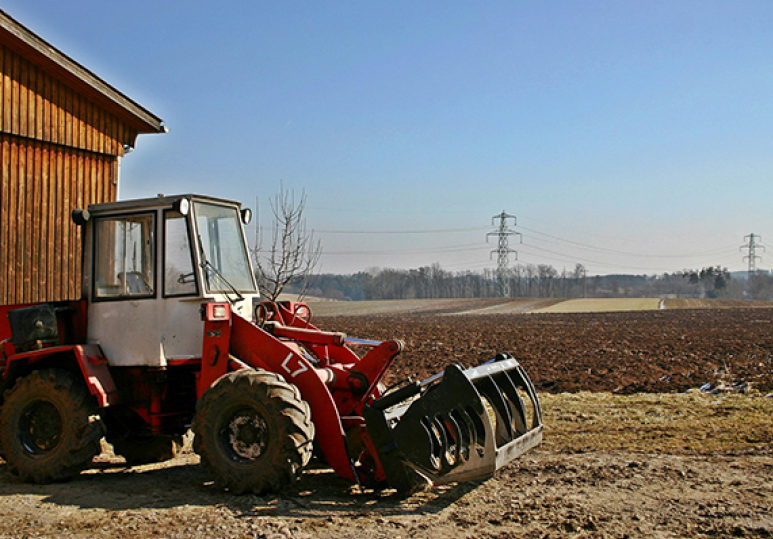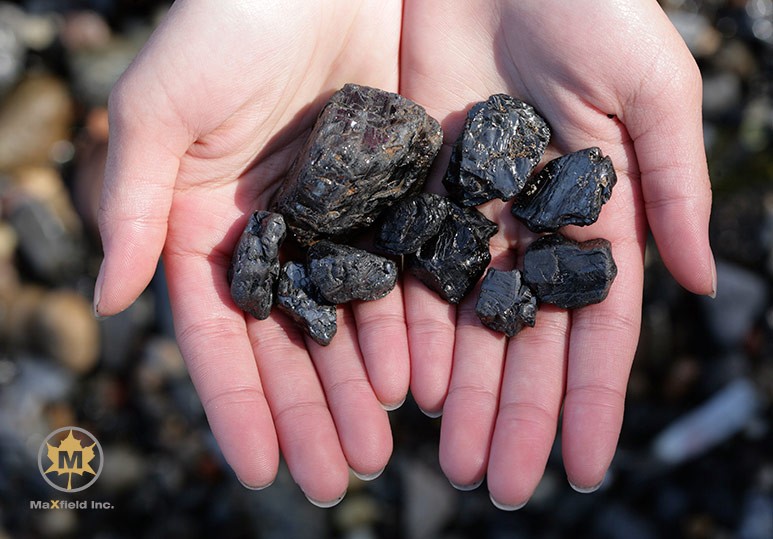MaXfield’s meticulous engineering practices have produced industry-leading equipment for anhydrous ammonia (NH3). This potentially poisonous gas is used as a fertilizer and is a common concern in large-scale farming – but also a necessary part of farming practices.
Safety is key for organizations and individuals who work with or near sources of anhydrous ammonia. Using the proper equipment, developed by MaXfield’s team, is part of the solution. We create custom-made NH3 delivery units as well as farm wagon tanks, plus we offer field servicing and testing on existing equipment.
Here’s what you need to know about NH3:
What is anhydrous ammonia (NH3)?
In agricultural practices, anhydrous ammonia is a commonly used nitrogen fertilizer that is easy to apply. The chemical is also used as a refrigerant. It is normally a colourless gas which has a very sharp smell and is harmless in small amounts of 5-50 ppm or less. In higher concentrations in excess of 100 ppm, people exposed to NH3 might start feeling its effects.
The word anhydrous means “without water;” put simply, anhydrous ammonia is pure ammonia without water added.
What are the dangers of NH3?
Anhydrous ammonia can be dangerous in several ways. First, inhalation is a risk if the gas is strongly concentrated. The gas can cause serious burns to the eyes, nose and throat. In very high doses, NH3 causes choking and can be fatal if the lungs are exposed to extreme burns from the chemical gas. NH3 can also cause serious corneal burns and even blindness if it affects the eyes.
Further, when used as an agricultural fertilizer anhydrous ammonia is stored in its liquid form in tanks designed to withhold pressures of 250 psi or more. When outside temperatures rise, this can cause pressure inside the holding tank to increase and create a real risk of a quick release of NH3 in its gas form if a valve is opened or a hose ruptures. Poorly designed storage tanks are also at risk of rupturing when the internal pressure increases to an intolerable level.
Why is high-quality storage of NH3 important?
Like any potentially dangerous chemical, anhydrous ammonia must be stored properly. Poorly made tanks and improper transporting equipment can greatly increase the risk of explosion and of exposure to the gas in high concentration, which can be fatal.
Well-engineered farm wagon tanks, bulk storage tanks and transportation equipment for anhydrous ammonia are vital to agricultural practices in Calgary and across Western Canada.
MaXfield’s advantage in the field of NH3 is that we’ve adapted our engineering and manufacturing of NH3 equipment to anticipate and outpace the rest of the market, meaning our products are routinely the top-performing models in the industry.
Contact us today for more information on how MaXfield’s NH3 products are the best option for your operations by filling out the form below, or call 403-258-3680.






